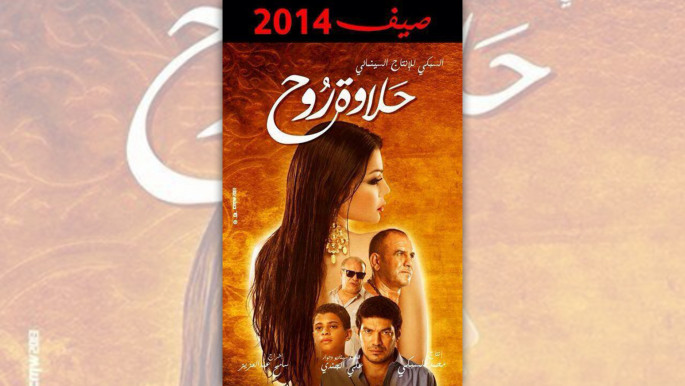
Porn and knife-dancing entices Egyptian media
"There are channels that present sex in a dramatic way like films. I watch them, you must have as well," Intisar told one of her co-hosts.
"I want to explain why these films are useful: there are lots of men who have not been taught before marriage about sex," she added, during a show focused on women's issues.
"These films - as well as books - help them a lot, how else are they going to know how to be husbands and satisfy their wives?"
| There are lots of men who have not been taught before marriage about sex. These films as well as books help them a lot - Intisar |
Intisar responded to the court case, telling al-Ahram: "I am not scared because I haven't said or done anything wrong. I reported on the reality of many people who turn to pornographic films and books.
"It's not my fault that we are a society that loves to bury our heads in the sand," she added.
Veteran journalist Adel Hammouda defended Intisar's comments, saying she had merely stated her opinion on sex education - and that the ministry of education should be put on trial instead, for its failure to teach children about sexual health and relations.
In 2010, Egypt decided to abandon all sex education in government schools. It is perhaps no surprise, then, that people have resorted to the internet to learn about human sexuality.
Egyptians are now the world's second-most-likely people (after Pakistanis) to Google the word "sex".
There are perennial calls to ban pornography in Egypt despite such a thing being largely technologically impossible. In May, a court ordered the prime minister to prohibit porn sites, after a video appeared online of a foreign couple performing sexual acts at the pyramids.
Getting to the point
Another TV host in Egypt has recently come under fire, only days after Muslim Brotherhood supporters attacked him while he was in New York.
Wael al-Ibrashy blamed the Sobky family of film producers, known for their extremely popular lowbrow movies, for a viral video of a five-year-old girl dancing with a knife at a wedding.
 |
|
| Halawit Rouh was pulled from cinemas in 2014 [AAAJ] |
Ibrashy accused Karim al-Sobky of corrupting public morals by depicting acts in his films such as traditional knife-dancing, which has been a common practice in working class neighbourhoods long before the Sobky family entered the cinema world in the early 1990s.
"You're the one who's wrong, Ibrashy, you want to make a commotion about some guy who hasn't raised his daughter properly. You deserve what they did to you in the US," Sobky told the TV host as he phoned into the programme.
Ibrashy responded: "What else would I expect from a thug dressed up as a cinematographer?"
The film producer gave an angry retort: "Who's the thug, you f****r?"
The fun and games weren't over there. Amazingly, after Sobky hung up, he again phoned into the programme to claim that it was not him, but "a passerby" who had insulted the TV host over the phone - in what might be one of the most absurd denials in the history of Egyptian media.
The heated discussion prompted social media users to launch an online campaign against the Sobky family using the Arabic-language hashtag #BoycottSobkyFilms.
In 2014, Egypt suspended screenings of the Sobky film Halawit Rouh, staring Lebanese singer-turned-actress Haifa Wehbe because of supposedly revealing clothing and the film's ostensible sexual innuendos.





 Follow the Middle East's top stories in English at The New Arab on Google News
Follow the Middle East's top stories in English at The New Arab on Google News


